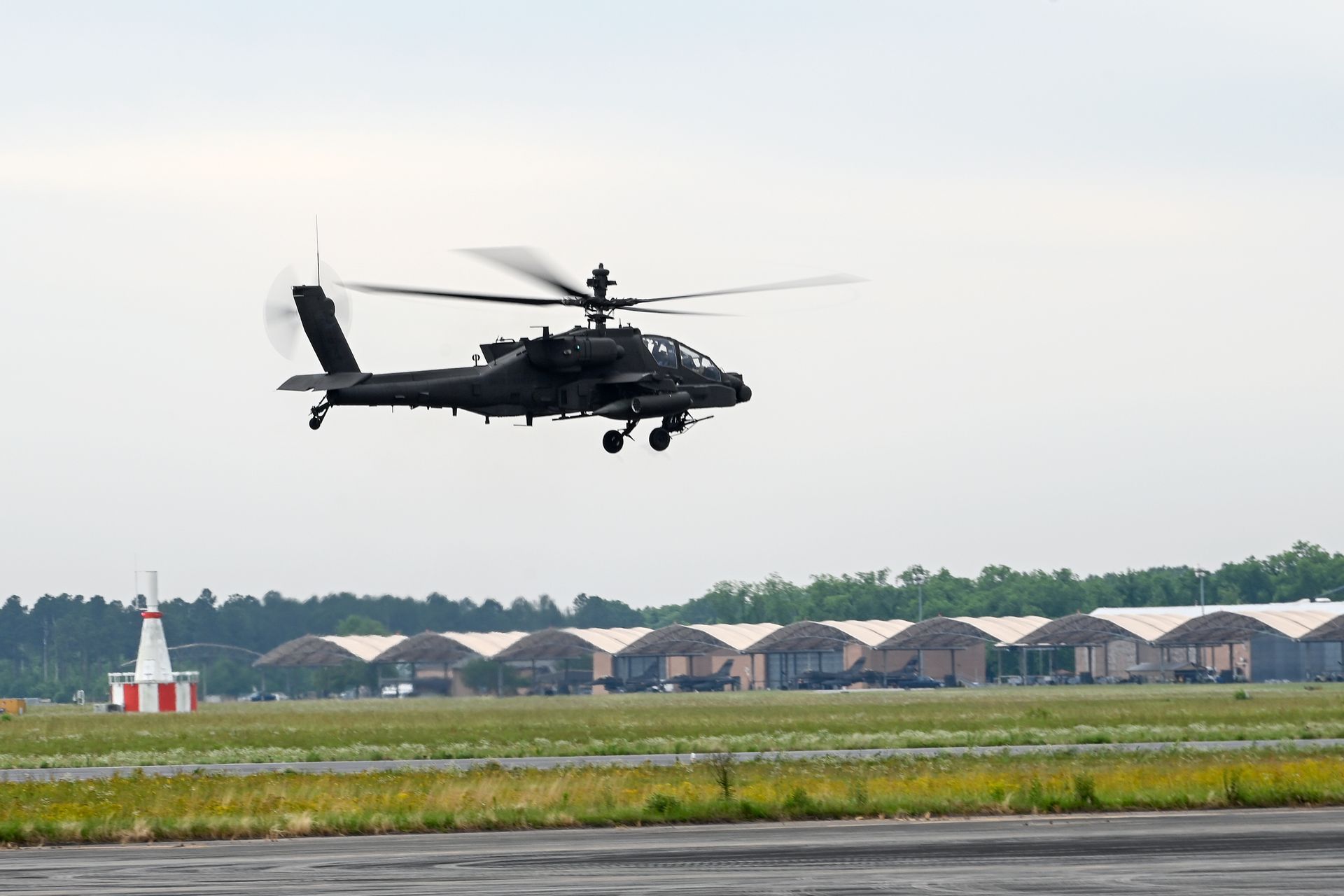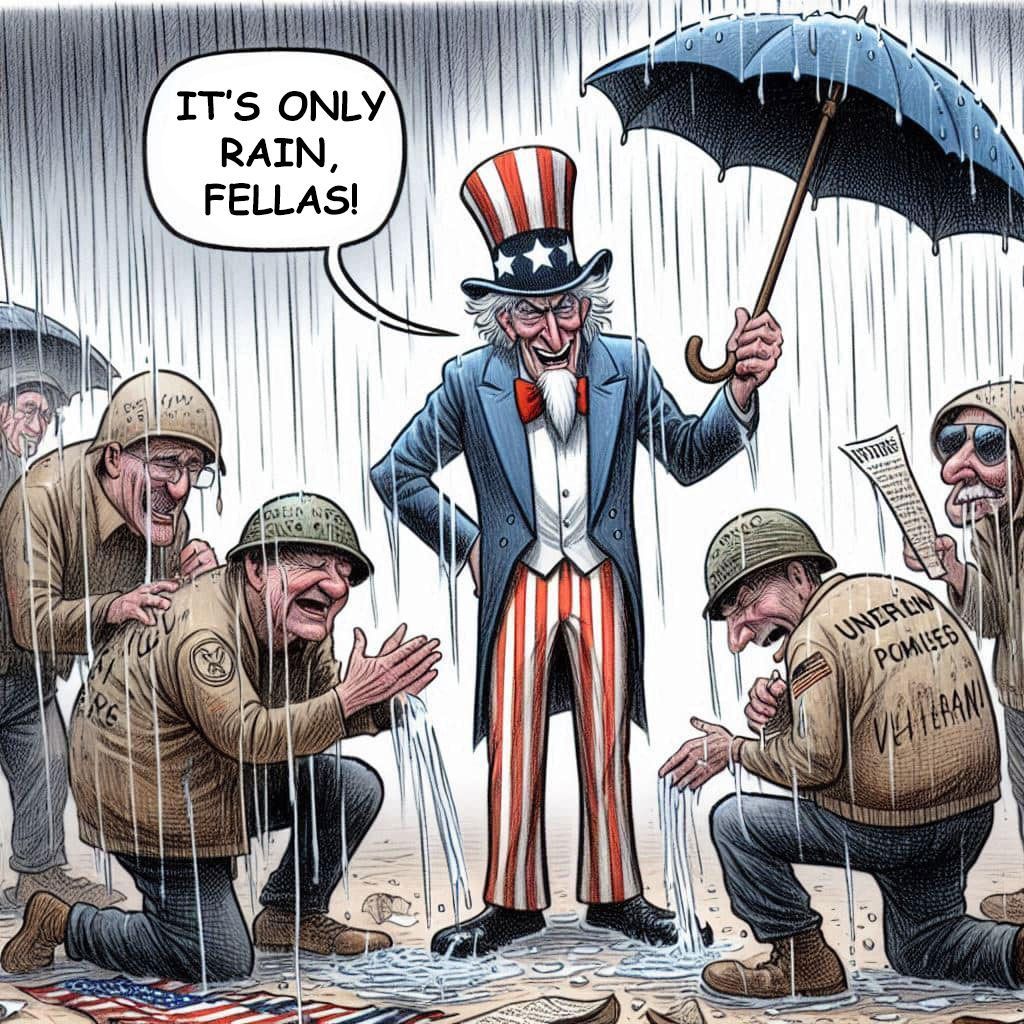Changes to USERRA Law and What it Means to Guardsmen
Ben Banchs • April 8, 2020
Know Your Rights
New Orleans, LA (April 22, 2011) – The FY12 National Defense Authorization Act (NDAA) contained a provision that has gone largely unnoticed, but one that will have a significant impact on National Guard members who are ordered to stateside active duty by either the President or the Secretary of Defense, from now on.
Section 575 of the FY12 NDAA changes the Uniformed Services Employment and Reemployment Rights Act (USERRA) to exclude from the cumulative 5-year duty limit any time that a Guardsmen spends on orders under the authority of Title 32 United States Code (USC) Section 502(f)(2)(A) "for the purpose of responding to a national emergency declared by the President and supported by Federal funds."
As every Guardsman or Reservist should know, USERRA law guarantees a service member's right to return to their civilian employment (private or public sector) after completion of military training or active service, regardless of whether the service was voluntary or involuntary. The law also requires that employers treat the service member as if they had never left in regards to pay and benefits. This "restoration right," as it is sometimes referred to, is guaranteed for up to 5-years of cumulative service. However, there are some service categories that are excluded from the 5-year limitation, such as drill, annual training, or service performed during times of war or national emergency. Section 575 expanded that list of exempted service categories to include stateside service in support of national emergencies, like the 9/11 terror attacks.
Some of our members asked whether this change affected those individuals serving on Active Guard Reserve (AGR) tours under 32 USC 502(f). The short answer is no. Based on our research, and on the answers received from the Office of Personnel Management (OPM), the change applies specifically to service under 502(f)(2)(A), which is ordered by either the President or the Secretary of Defense. Service authorized under 502(f) is the more common tour of duty that is ordered under governor's authority, 32 USC 328. These run-of-the-mill AGR tours do not qualify for the 5-year exemption. Thus, employees serving on such a tour who are approaching the 5-year deadline must make a decision as to whether restore to civilian employment or not.
We received other questions from some of our members and decided to ask OPM to weigh in on these. Below is a list of questions with the answers we got from OPM:
Q1. How will this affect people that are currently serving under this authority (502(f)(2)(A))?
A1. They are covered assuming their Uniformed service was authorized by the President or the Secretary of Defense for the purpose of responding to a national emergency declared by the President and supported by Federal funds.
Q2. How will this affect indefinite employees who were hired as backfills and are expecting to be converted to permanent if that tenured employee doesn't return after 5 years?
A2. The same way it would have affected them if the vet returned after, say 4 ½ years; that is to say the agency’s first responsibility is to reemploy the vet consistent with OPM regulations.
Q3. Would a service member be able to stay on active duty for, say, 10 years and still have restoration rights to their civilian jobs?
A3. Yes, provided they meet this new statutory exemption.
Q4. When does Sec 575 become effective?
A4. The new provisions are effective upon the date of enactment - the NDAA was effective January 5, 2012.
Q5. What about individuals that have already exceed 5 years and have lost their right to restore to their civilian job, will they get that right back?
A5. Yes. If they are still on active duty they would be covered under these new provisions.
Q6. Is OPM going to issue proposed regulations based on the changes to the law and allow comment?
A6. We will explore, and may update our regulations at some point, but the law seems to be pretty cut and dry on the matter. A more effective approach may be to issue a memo to agency heads, CHCOs, HR Directors, alerting them of this change.
Share Via Other Platforms
More News





